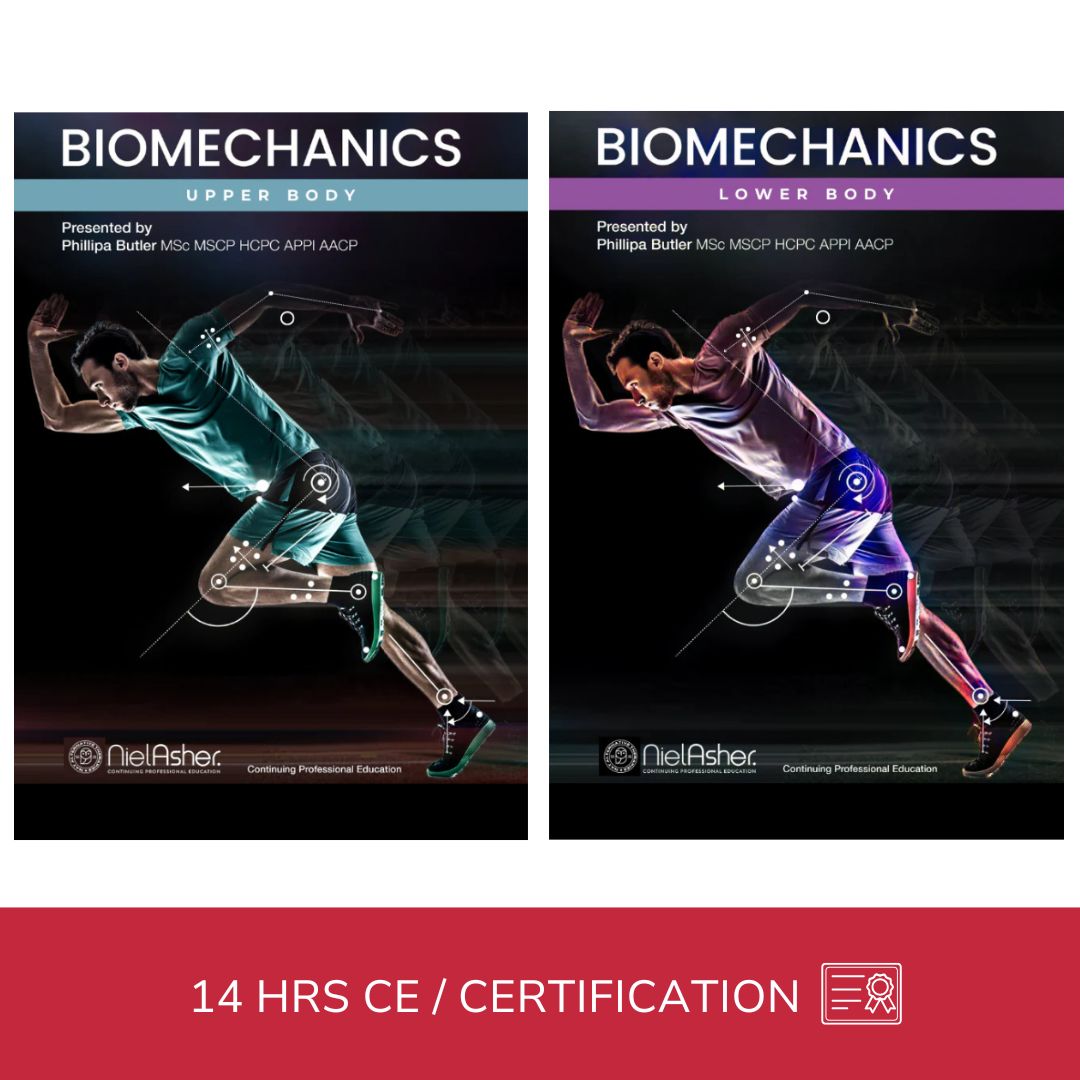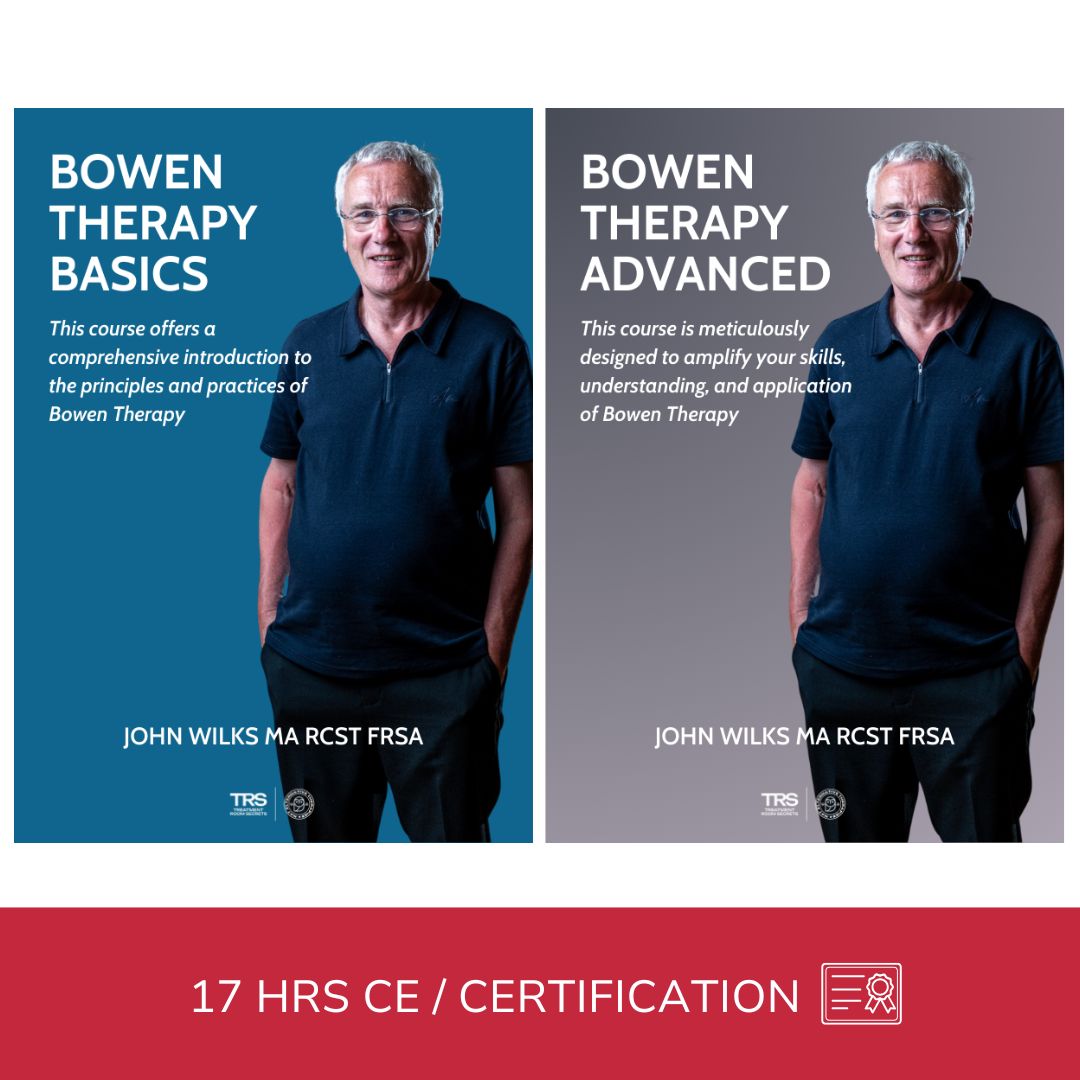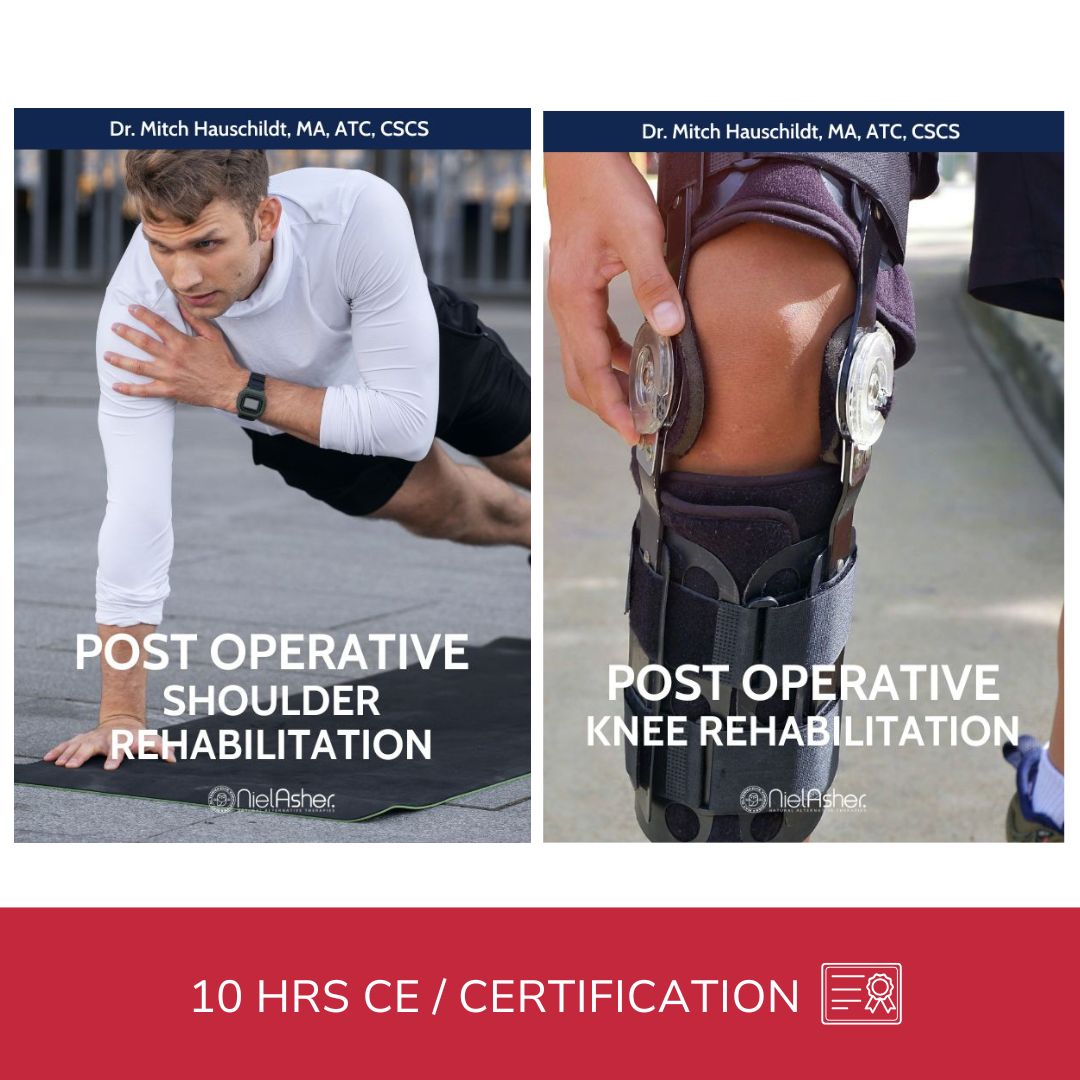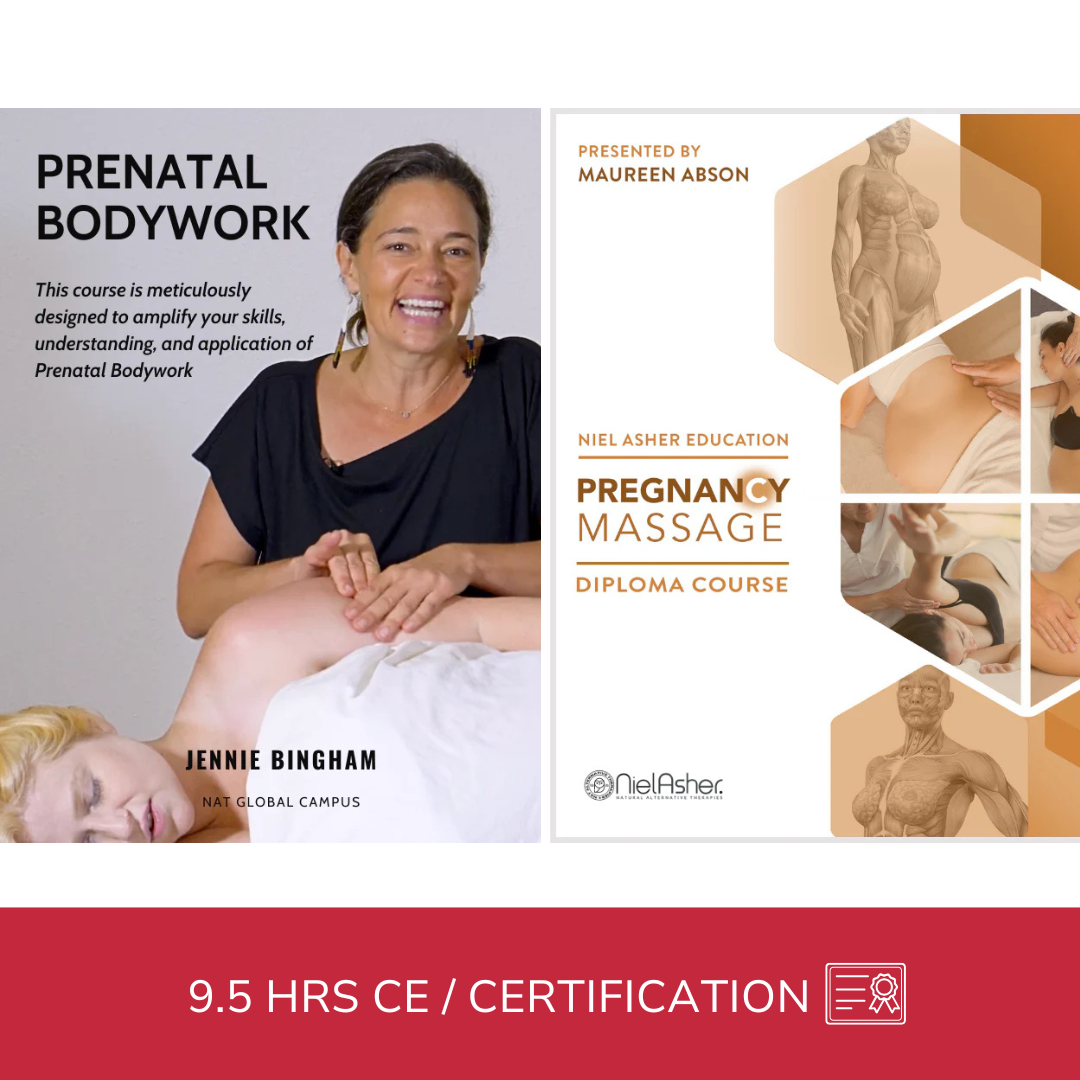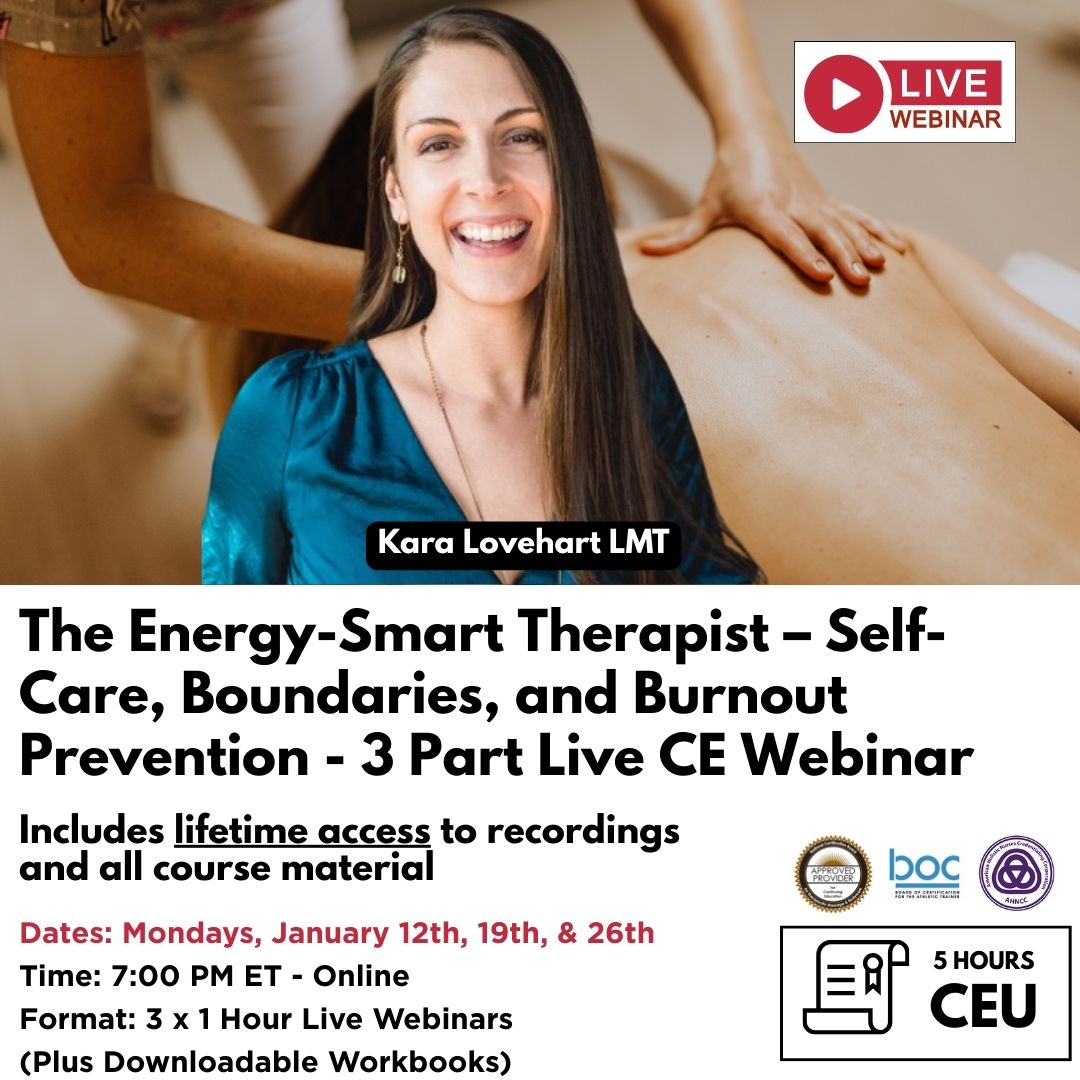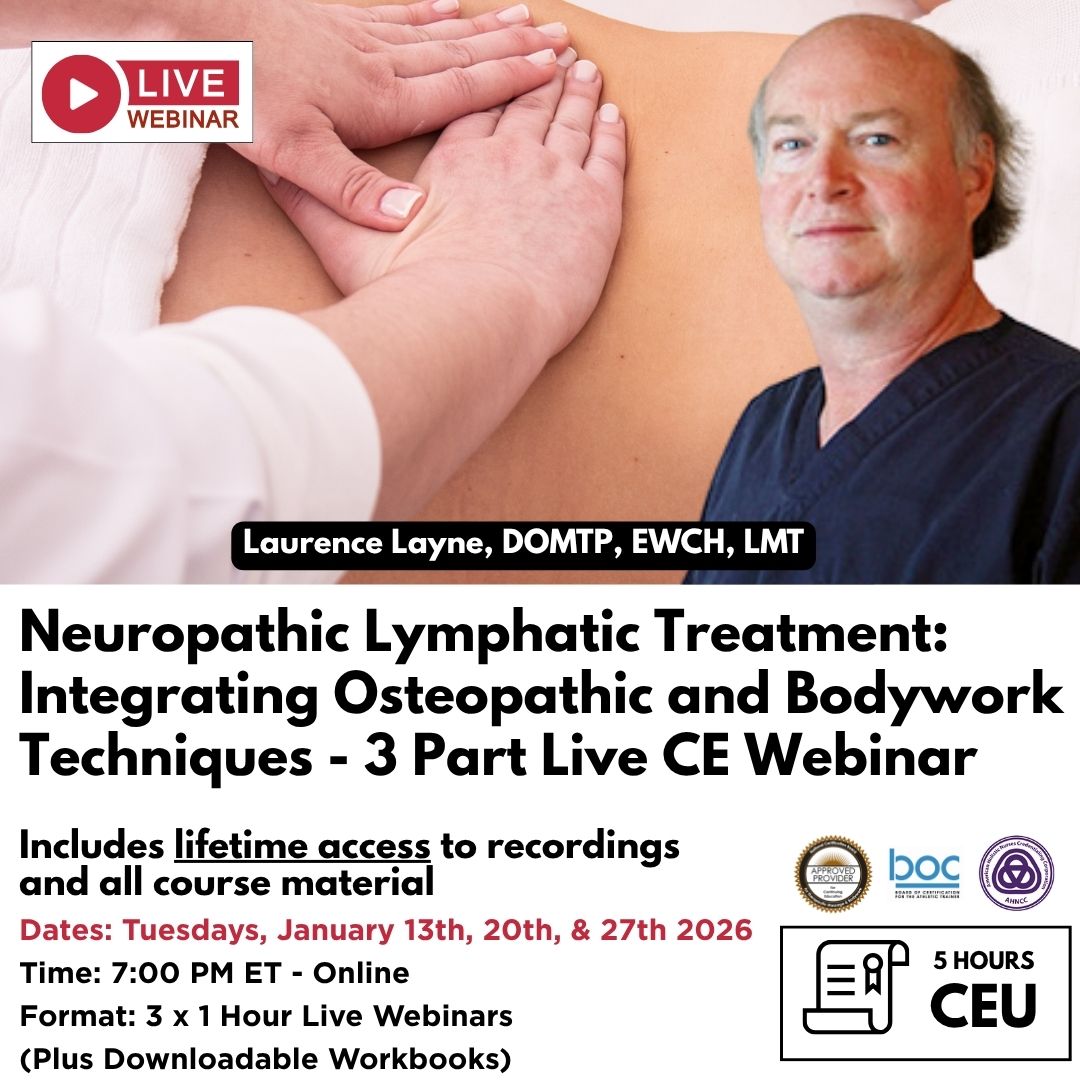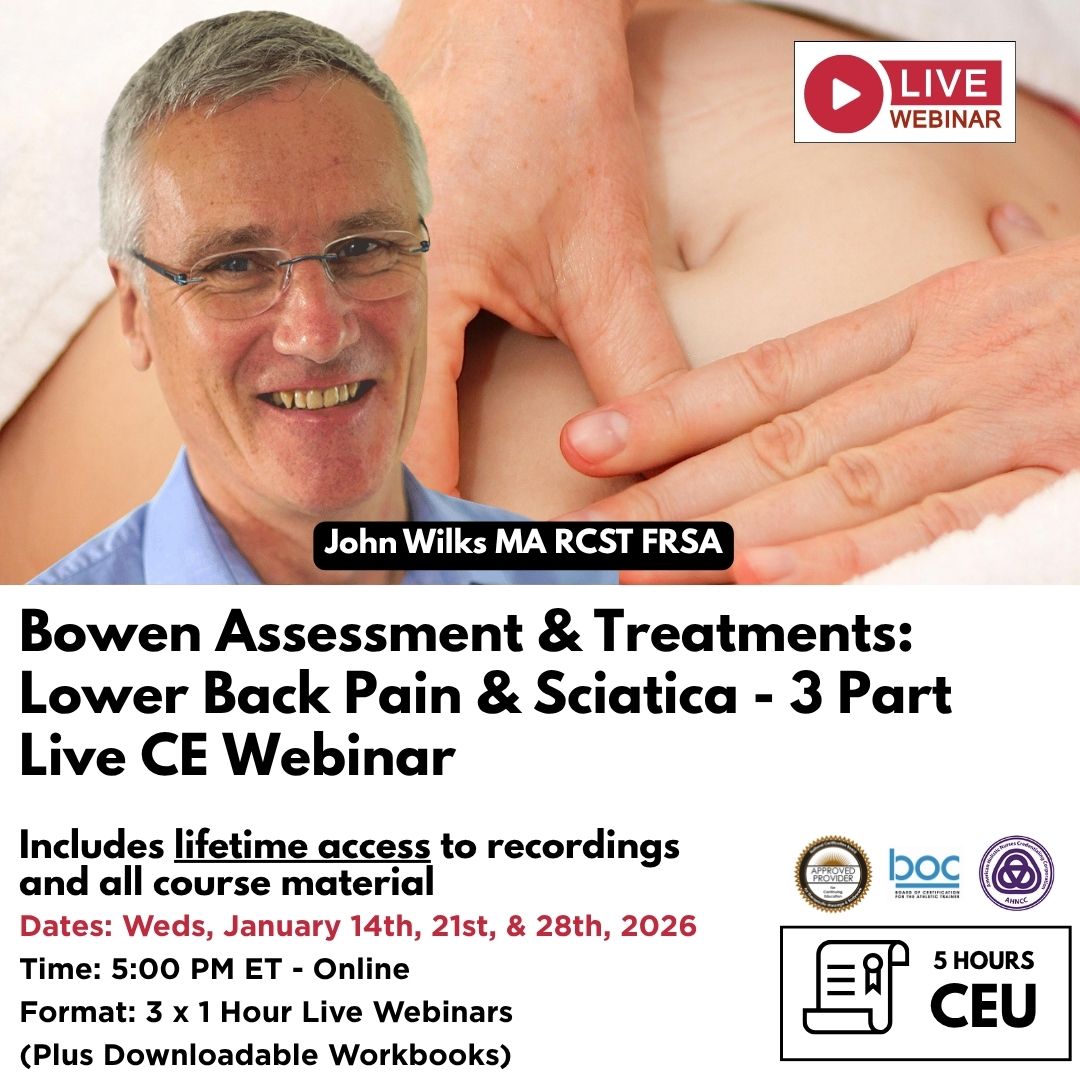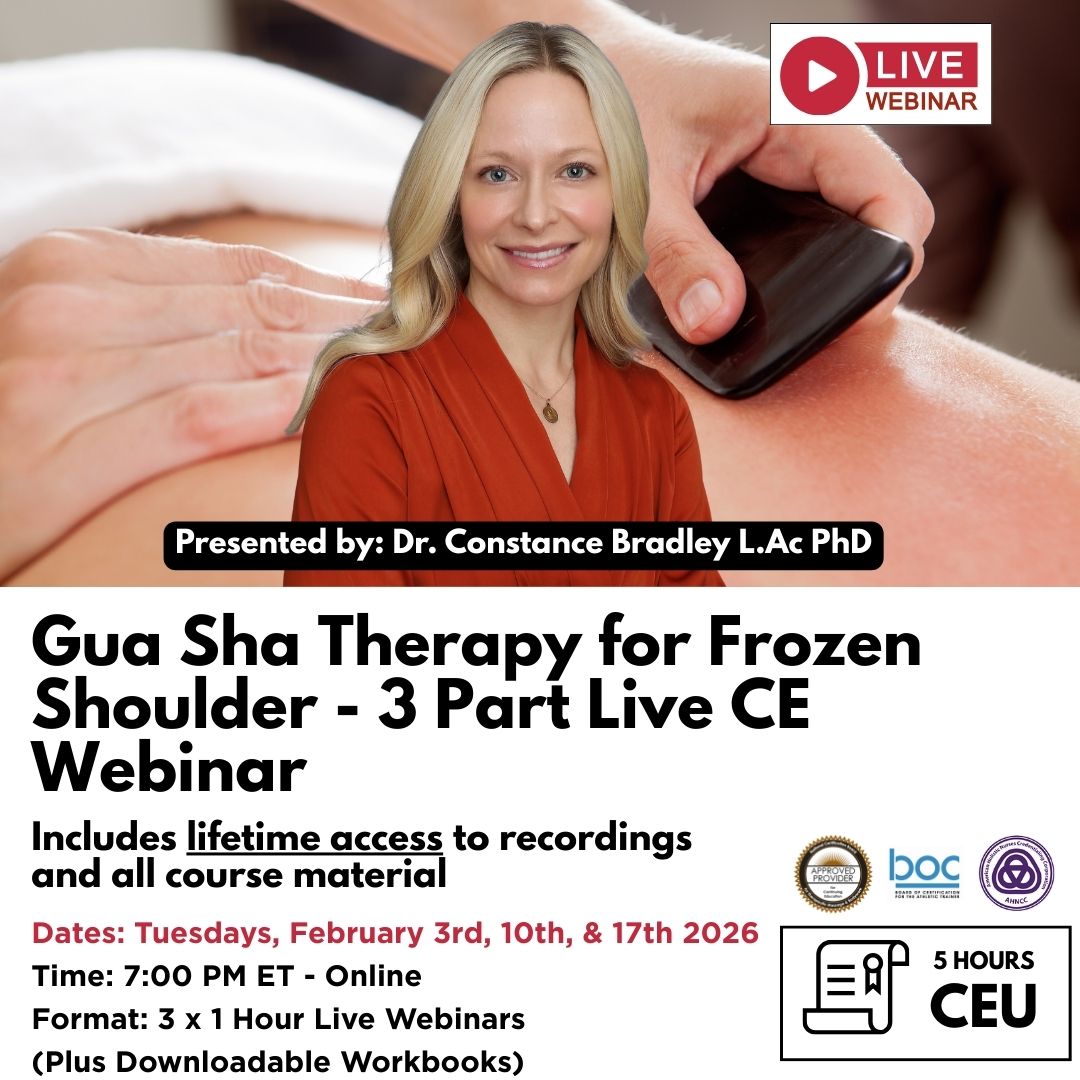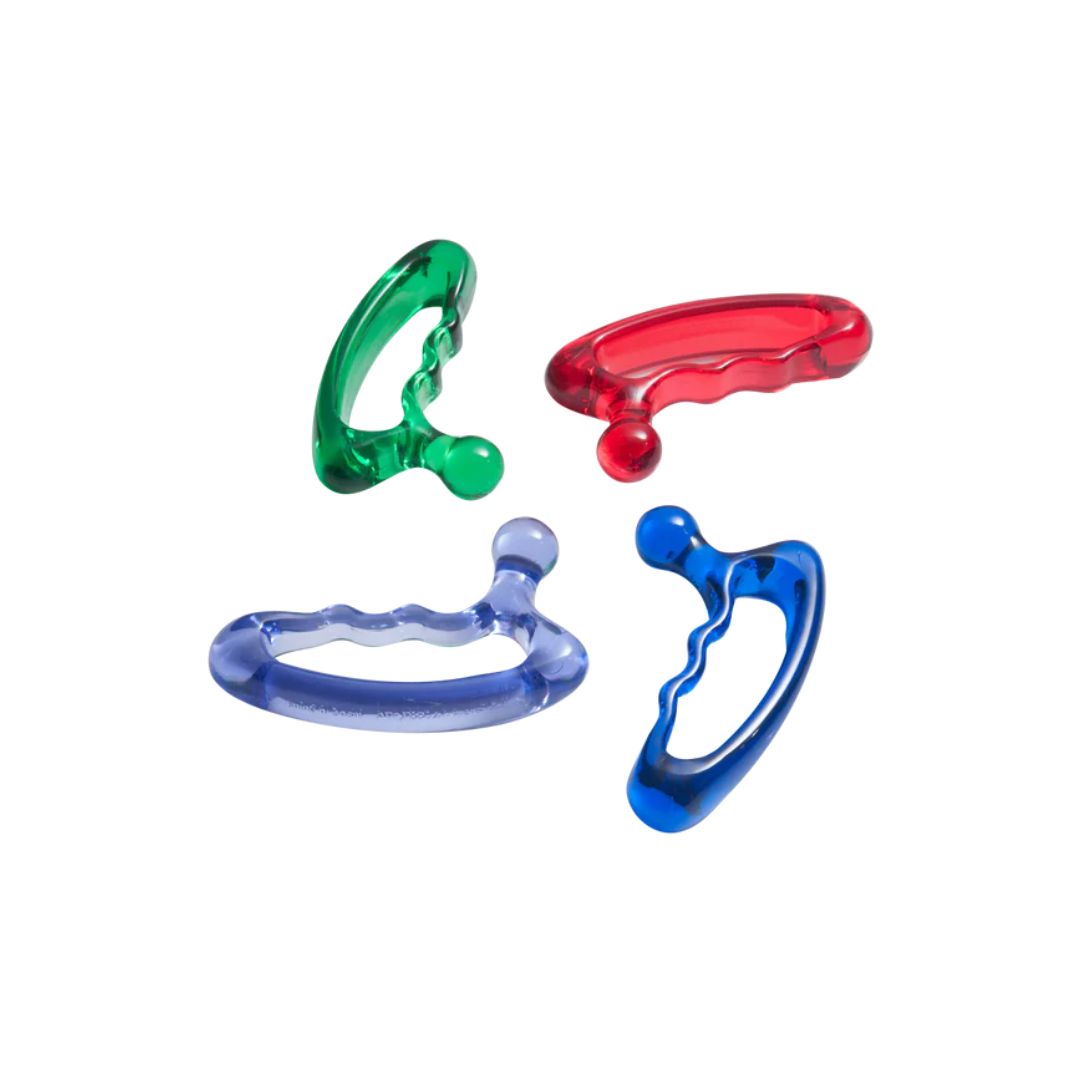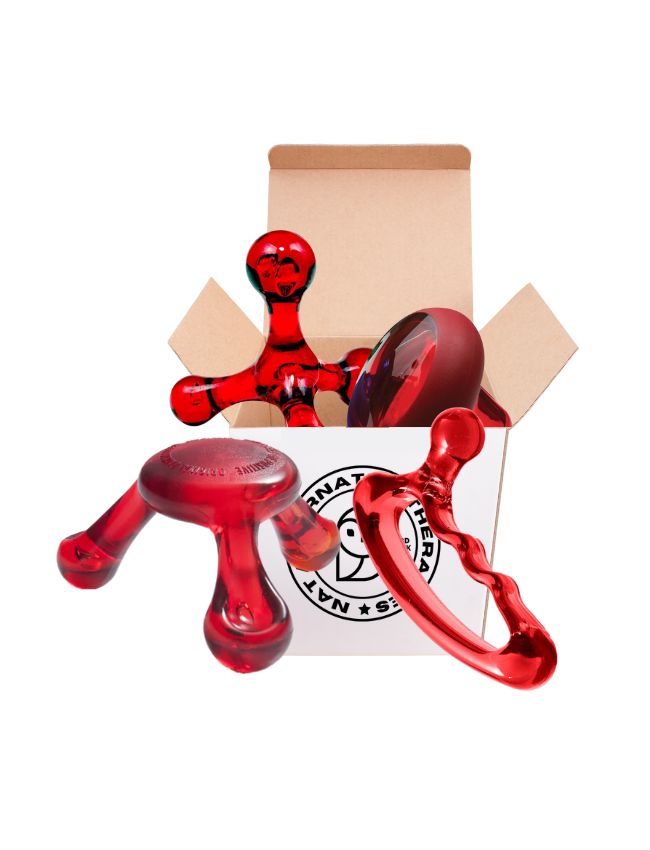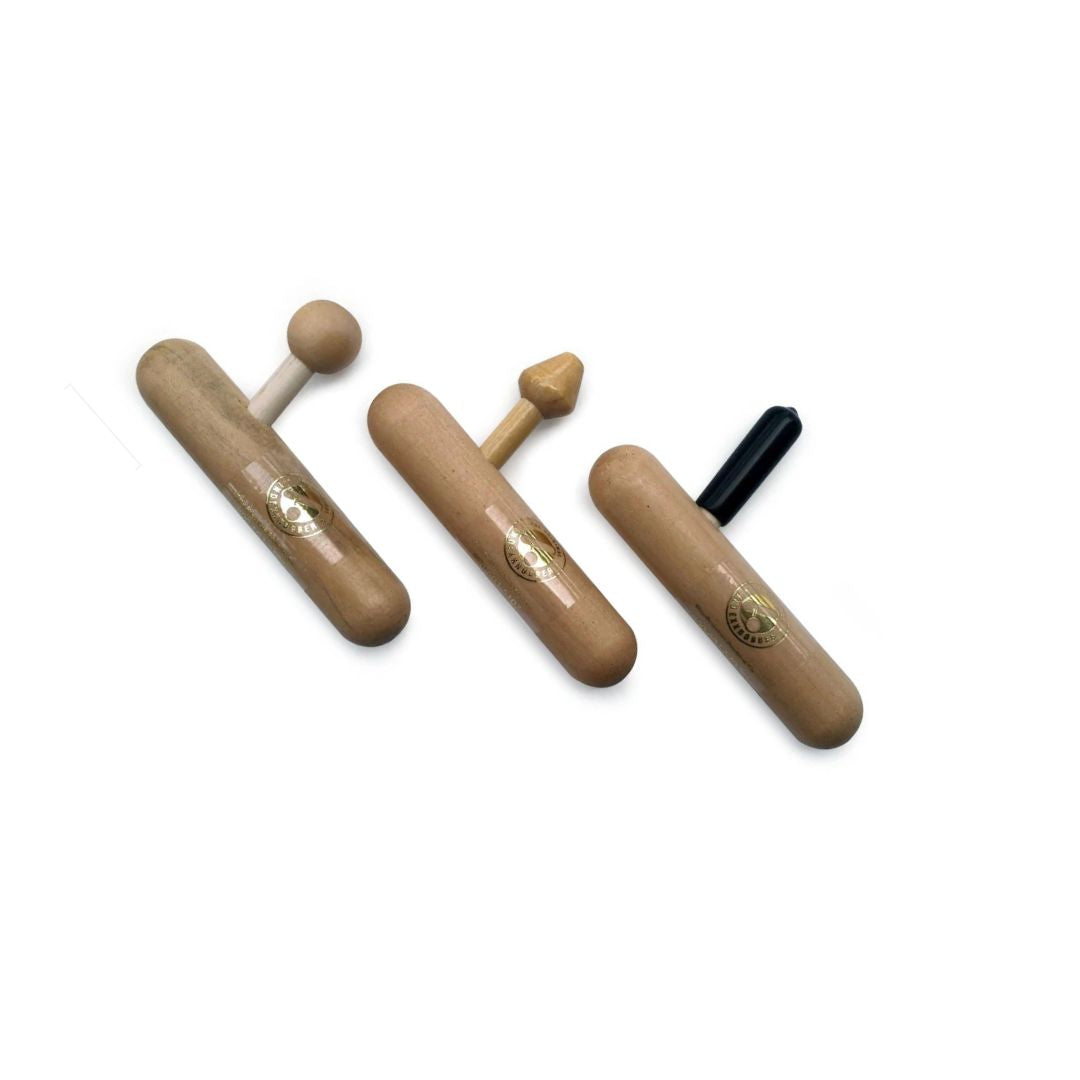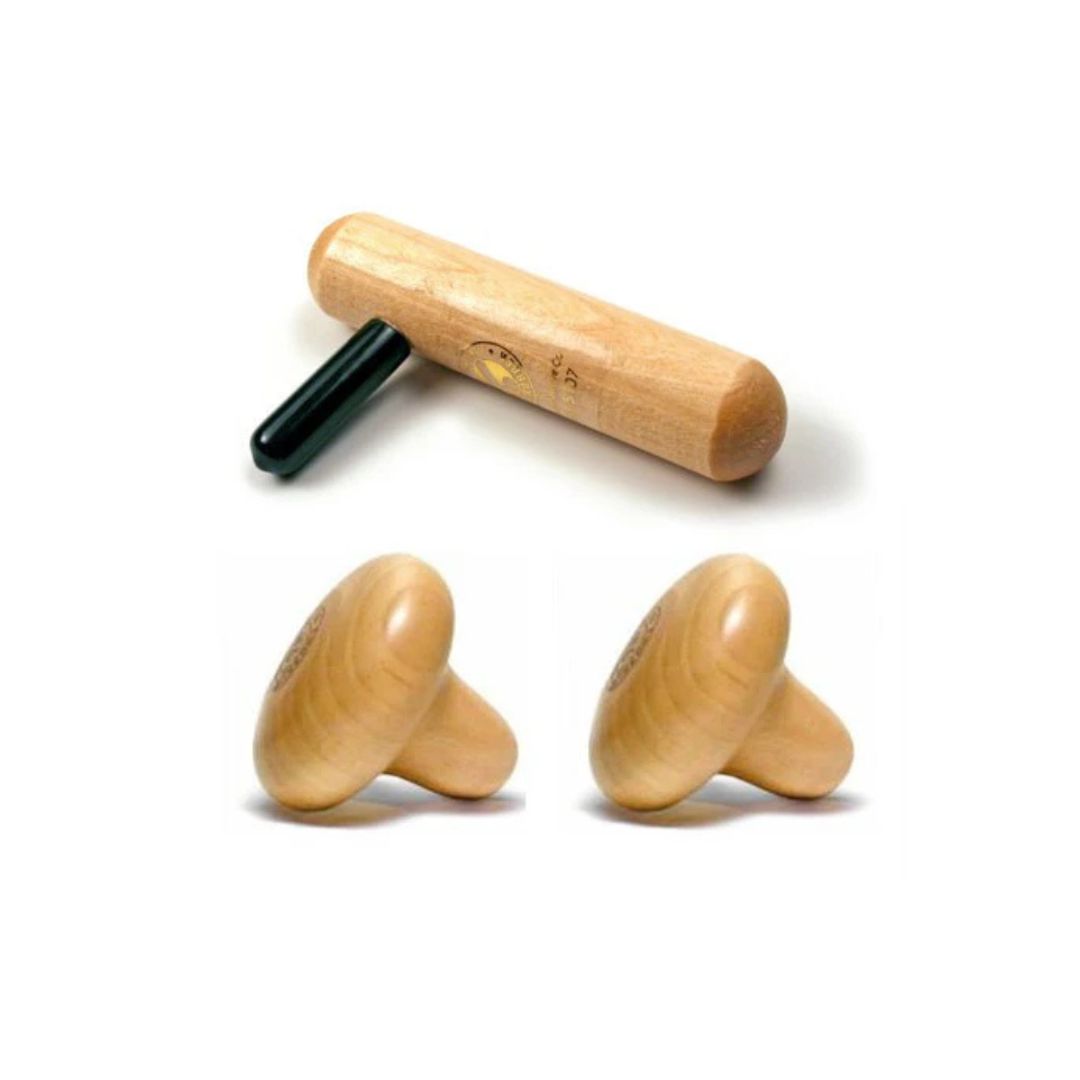Stretching for Pain Relief - Shoulder & Neck Pain
Shoulder Pain and Rhomboid Trigger Points
Trigger points are common in all the main shoulder and neck muscles
In fact just about all of us have latent trigger points, usually as a result of poor posture .... one of those simple things that they used to teach in schools but has long ago vanished.
Failure to work on your posture and to take simple steps to promote shoulder and neck health will often (increasingly often) lead to active trigger points, and a whole host of potential musculoskeletal injuries as you get older.
So if you spend more than 2-3 hours a day leaning over a laptop, tablet, or adapting your body to talk on a mobile, take note of these simple stretches.
10 minutes a day could save you a whole lot of trigger point bother further down the road.

TECHNIQUE
Stand with your arm out and your forearm pointing upwards at 90 degrees. Place a broomstick in your hand and behind your elbow. With your other hand pull the bottom of the broomstick forward.
MUSCLES BEING STRETCHED
Primary muscles: Pectoralis major. Subscapularis. Teres major.
Secondary muscle: Pectoralis minor. Anterior deltoid.
INJURY WHERE STRETCH MAY BE USEFUL
Dislocation. Subluxation. Acromioclavicular separation. Sternoclavicular separation. Impingement syndrome. Rotator cuff tendonitis. Shoulder bursitis. Frozen shoulder (adhesive capsulitis).
ADDITIONAL INFORMATION FOR PERFORMING THIS STRETCH CORRECTLY
Many people are very tight in the rotator cuff muscles of the shoulder. Perform this stretch very slowly to start with and use extreme caution at all times.

TECHNIQUE
Reach behind your head with both hands and your elbows pointing upwards. Then reach down your back with your hands.
MUSCLES BEING STRETCHED
Primary muscles: Triceps brachii.
Secondary muscles: Latissimus dorsi. Teres major and Teres minor.
INJURY WHERE STRETCH MAY BE USEFUL
Elbow sprain. Elbow dislocation. Elbow bursitis. Triceps tendon rupture.
ADDITIONAL INFORMATION FOR PERFORMING THIS STRETCH CORRECTLY
Do not perform for an extended period of time, as circulation is restricted in the shoulder during this stretch.

TECHNIQUE
Stand with your arms out in front and crossed over. Push your hands forward as far as possible and let your head fall forward.
MUSCLES BEING STRETCHED
Primary muscles: Trapezius. Rhomboids.
Secondary muscles: Semispinalis capitis and cervicis. Spinalis capitis and cervicis. Longissimus capitis and cervicis. Splenius capitis and cervicis.
INJURY WHERE STRETCH MAY BE USEFUL
Neck muscle strain. Whiplash (neck sprain). Cervical nerve stretch syndrome. Wry neck (acute torticollis). Upper back muscle strain. Upper back ligament sprain.
ADDITIONAL INFORMATION FOR PERFORMING THIS STRETCH CORRECTLY
Concentrate on reaching forward with your hands and separating your shoulder-blades.

TECHNIQUE
Place one hand behind your back and then reach up between your shoulder-blades.
MUSCLES BEING STRETCHED
Primary muscles: Supraspinatus. Infraspinatus.
Secondary muscles: Pectoralis major. Teres minor. Anterior deltoid. Coracobrachialis.
INJURY WHERE STRETCH MAY BE USEFUL
Dislocation. Subluxation. Acromioclavicular separation. Sternoclavicular separation. Impingement syndrome. Rotator cuff tendonitis. Shoulder bursitis. Frozen shoulder (adhesive capsulitis).
ADDITIONAL INFORMATION FOR PERFORMING THIS STRETCH CORRECTLY
Many people are very tight in the rotator muscles of the shoulder. Perform this stretch very slowly to start with and use extreme caution at all times.

TECHNIQUE
Stand with your knees bent. Cross your arms over and grab the back of your knees. Then start to rise upwards until you feel tension in your upper back and shoulders.
MUSCLES BEING STRETCHED
Primary muscles: Trapezius. Rhomboids. Latissimus dorsi.
Secondary muscle: Teres minor.
INJURY WHERE STRETCH MAY BE USEFUL
Dislocation. Subluxation. Acromioclavicular separation. Sternoclavicular separation. Impingement syndrome. Rotator cuff tendonitis. Shoulder bursitis. Frozen shoulder (adhesive capsulitis).
ADDITIONAL INFORMATION FOR PERFORMING THIS STRETCH CORRECTLY
Keep your shoulders level to the ground and avoid twisting or turning to one side.
Links
Find a Trigger Point Professional in your area
Trigger Point Therapy - Where to Start?
Neuromuscular Stretching Technique
Dry Needling for Trigger Points
NAT Shoulder Master - Online CE Course
NAT Neck Pain - Online CE Course
Certify as a Trigger Point Therapist
About NAT Courses
As a manual therapist or exercise professional, there is only one way to expand your business - education!
Learning more skills increases the services that you offer and provides more opportunity for specialization.
Every NAT course is designed to build on what you already know, to empower you to treat more clients and grow your practice, with a minimal investment in time and money.
Help Desk
About Niel Asher Education
Niel Asher Education is a leading provider of distance learning and continued education courses.
Established in the United Kingdom in 1999, we provide course and distance learning material for therapists and other healthcare professionals in over 40 countries.
Our courses are accredited by over 90 professional associations and national accreditation institutions including the National Academy of Sports Medicine (NASM) and National Certification Board for Therapeutic Massage and Bodywork (NCBTMB). Full details of all international course accreditations can be found on our website.
Printed course materials and other products offered on our websites are despatched worldwide from our 3 locations in the UK (London), USA (Pennsylvania) and Australia (Melbourne).
More About Us
NAMTPT AWARD
We are honored to have received the "Excellence in Education" Award from the National Association of Myofascial Trigger Point Therapists.
Since 1999 Niel Asher Education has won numerous awards for education and in particular for education and services provided in the field of trigger point therapy.
Read Full Article
Award Winning Instructors
Niel Asher Healthcare course instructors have won a host of prestigious awards including 2 lifetime achievement honorees - Stuart Hinds, Lifetime Achievement Honoree, AAMT, 2015, and Dr. Jonathan Kuttner, MD, Lifetime Achievement Honoree, NAMTPT, 2014.
Meet the Instructors
Accreditation

If you are a qualified/licensed manual therapist or exercise/fitness professional you can expand your credentials with NAT certification.
In addition to national accreditation for continued education, each course that we offer includes "NAT Learning Credits". By taking and completing courses you can accumulate NAT credits to qualify for NAT certification.
There are currently 3 levels of NAT certification. Certifying NAT is a valuable way to show your clients that you take continued education seriously, and to promote your skills and qualifications.
Most of our courses are accredited for CE/CPD/CPE. A full list of CE accreditations can be found by clicking on the link below.
About NAT Certification
Niel Asher Technique
Since 1999 the Niel Asher Technique for treating trigger points has been adopted by over 100,000 therapists worldwide, and has been applied to the treatment of a number of common musculoskeletal injuries.
The Niel Asher Technique for treating frozen shoulder was first introduced and published in 1997 and has been widely adopted by therapists and exercise professionals working within elite sports and athletics.
Read More
International Students
Most of our courses are available as either "Printed" or 'Download" editions, wherever you live. Internet connection is required to access online and downloadable material.
When you purchase a download edition, you receive immediate lifetime access to all course material. Course texts can be downloaded and printed if required.
When you purchase a "Printed" edition, you will also receive free access to the download edition.
We ship Worldwide from locations in the USA, UK, and Australia. Most items are despatched within 24 hours and shipping is FREE for all orders over US$50.
Shipping
Where to Start?
We offer a range of over 50 courses, presented by some of the worlds leading manual therapists. All courses are reviewed annually, and new courses are regularly added.
Our courses are modular, and designed to build on what you already know. For more information, please visit our "Where to Start?" page.
Start Here
This trigger point therapy blog is intended to be used for information purposes only and is not intended to be used for medical diagnosis or treatment or to substitute for a medical diagnosis and/or treatment rendered or prescribed by a physician or competent healthcare professional. This information is designed as educational material, but should not be taken as a recommendation for treatment of any particular person or patient. Always consult your physician if you think you need treatment or if you feel unwell.
About Niel Asher Education
Niel Asher Education (NAT Global Campus) is a globally recognised provider of high-quality professional learning for hands-on health and movement practitioners. Through an extensive catalogue of expert-led online courses, NAT delivers continuing education for massage therapists, supporting both newly qualified and highly experienced professionals with practical, clinically relevant training designed for real-world practice.
Beyond massage therapy, Niel Asher Education offers comprehensive continuing education for physical therapists, continuing education for athletic trainers, continuing education for chiropractors, and continuing education for rehabilitation professionals working across a wide range of clinical, sports, and wellness environments. Courses span manual therapy, movement, rehabilitation, pain management, integrative therapies, and practitioner self-care, with content presented by respected educators and clinicians from around the world.
Known for its high production values and practitioner-focused approach, Niel Asher Education emphasises clarity, practical application, and professional integrity. Its online learning model allows practitioners to study at their own pace while earning recognised certificates and maintaining ongoing professional development requirements, making continuing education accessible regardless of location or schedule.
Through partnerships with leading educational platforms and organisations worldwide, Niel Asher Education continues to expand access to trusted, high-quality continuing education for massage therapists, continuing education for physical therapists, continuing education for athletic trainers, continuing education for chiropractors, and continuing education for rehabilitation professionals, supporting lifelong learning and professional excellence across the global therapy community.
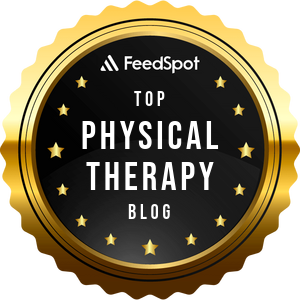
Continuing Professional Education
Looking for Massage Therapy CEUs, PT and ATC continuing education, chiropractic CE, or advanced manual therapy training? Explore our evidence-based online courses designed for hands-on professionals.


